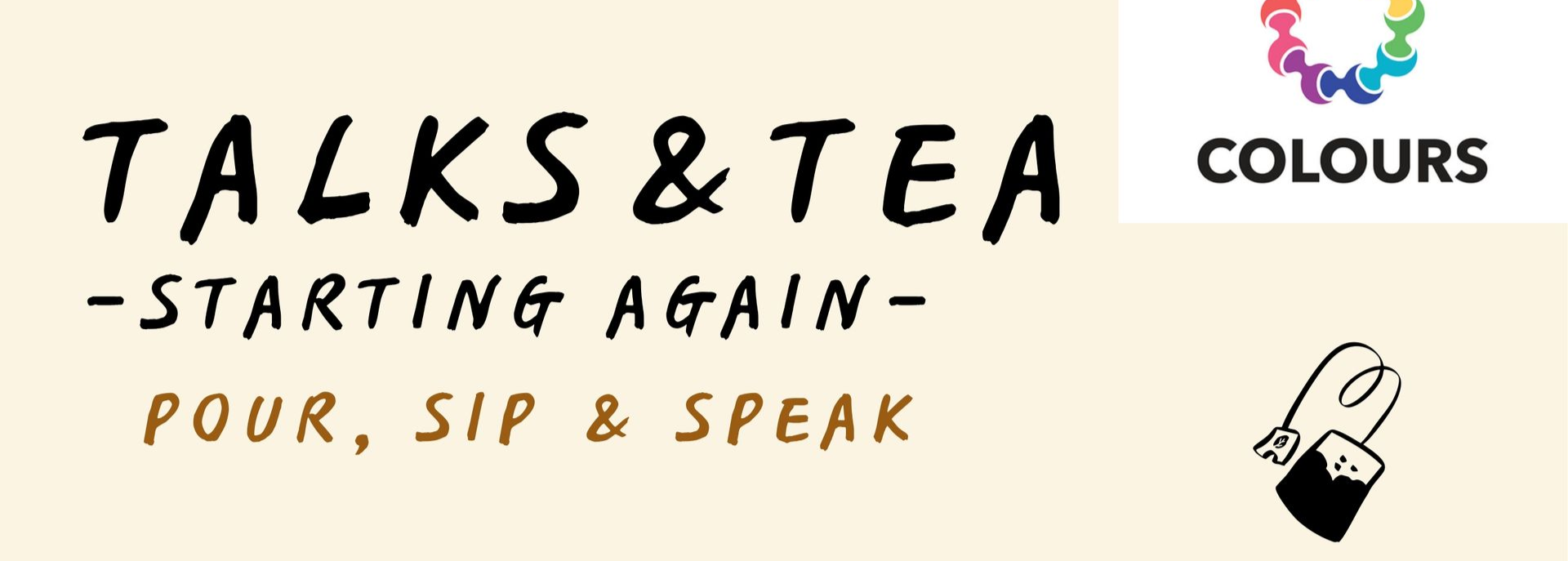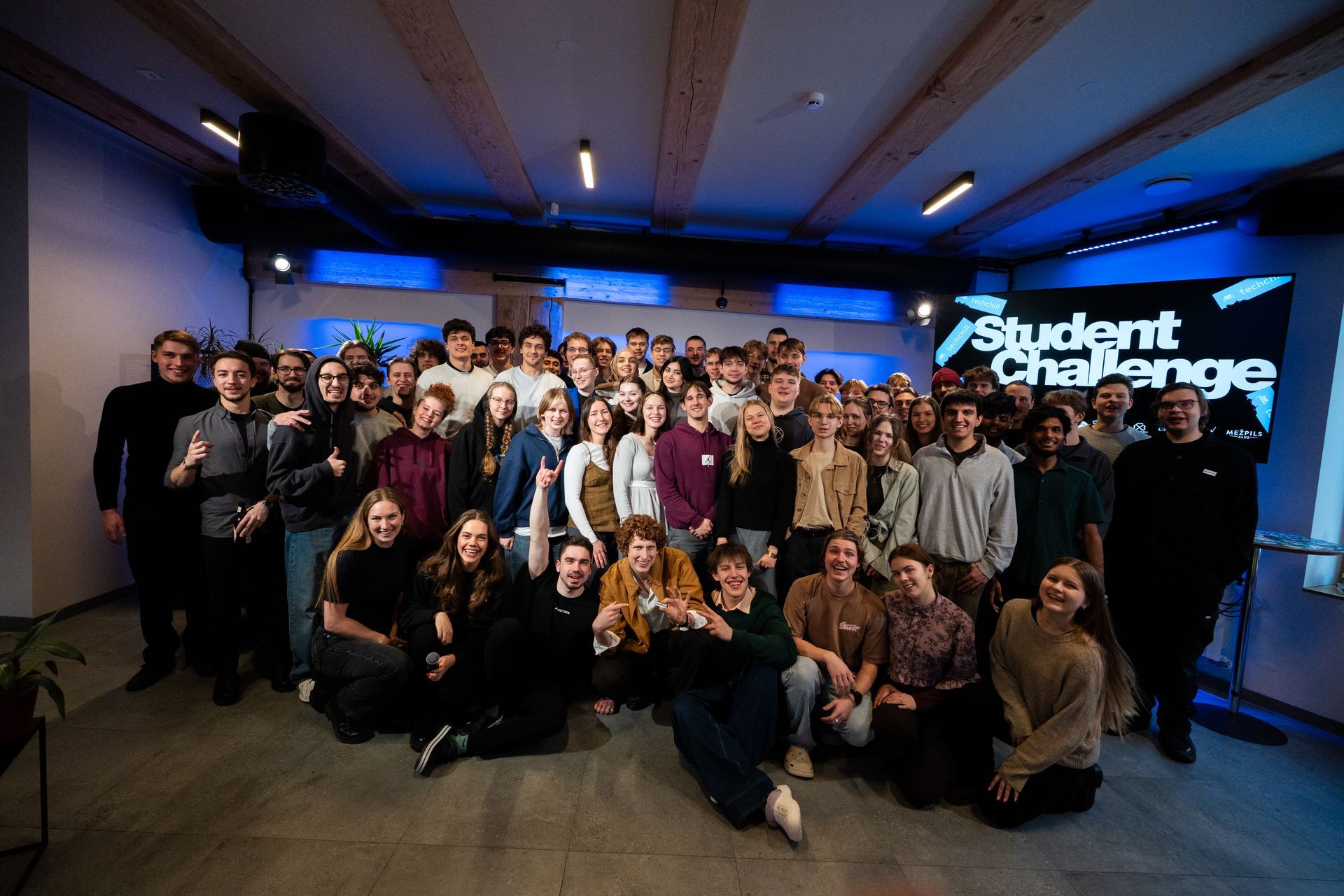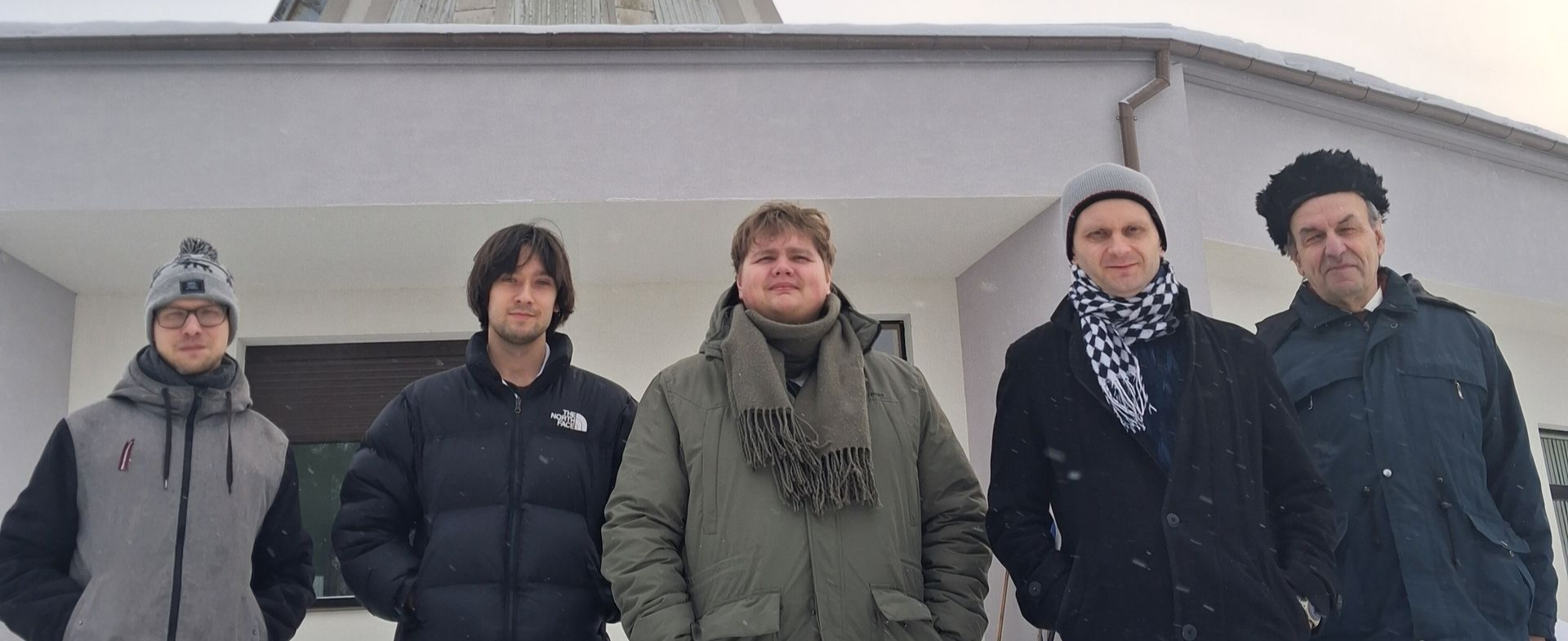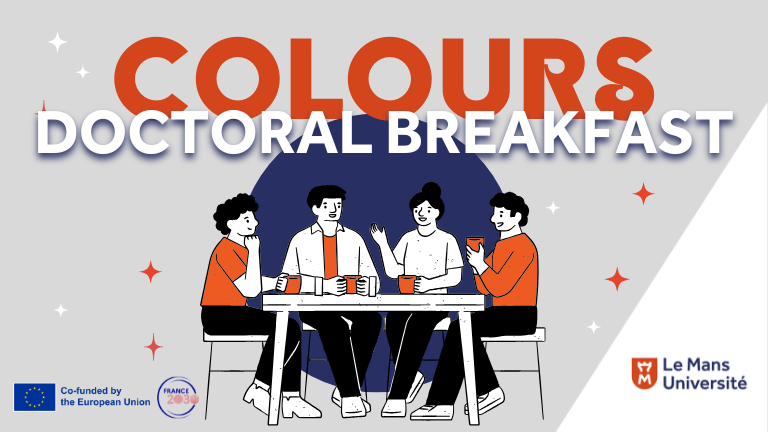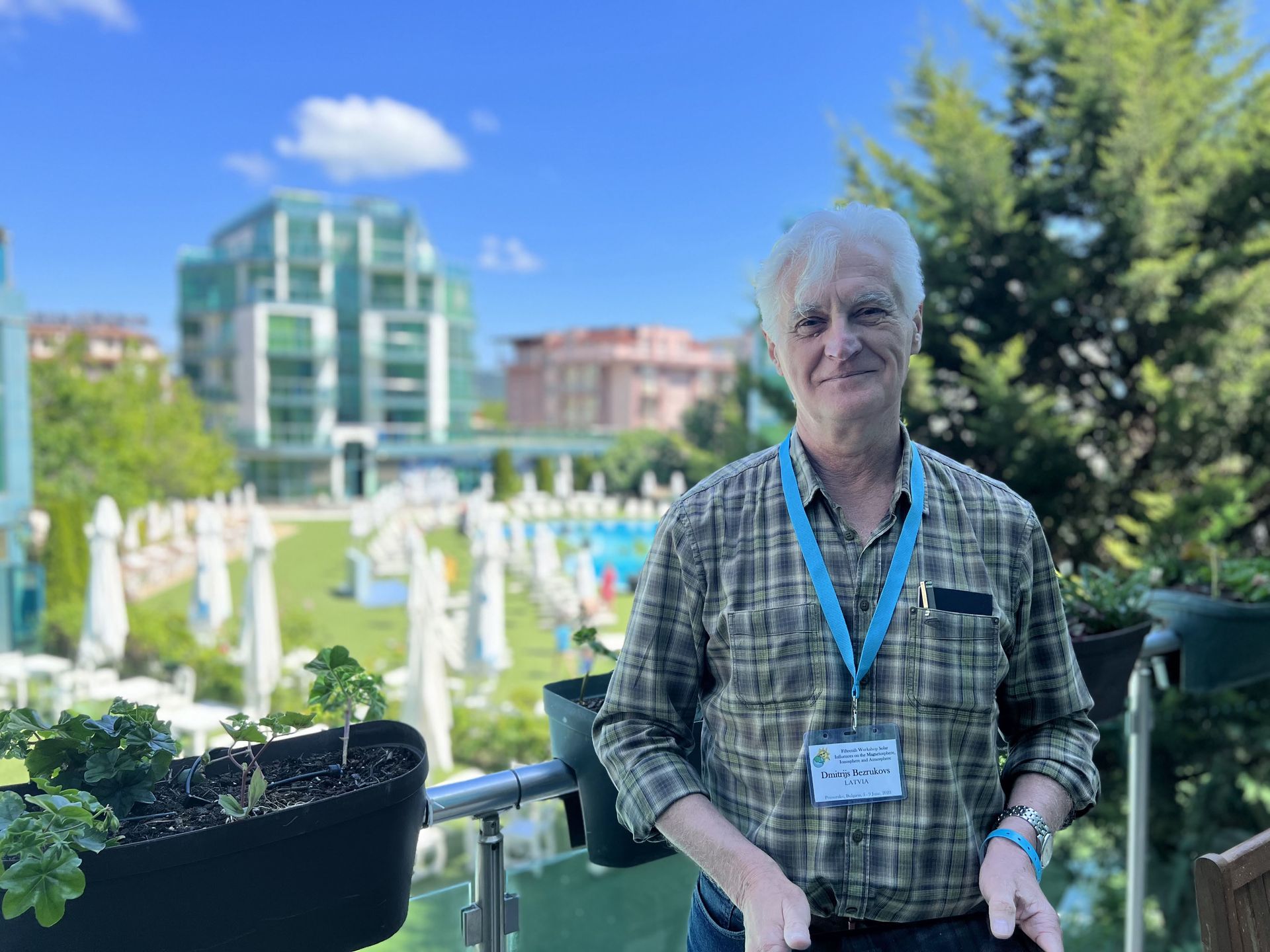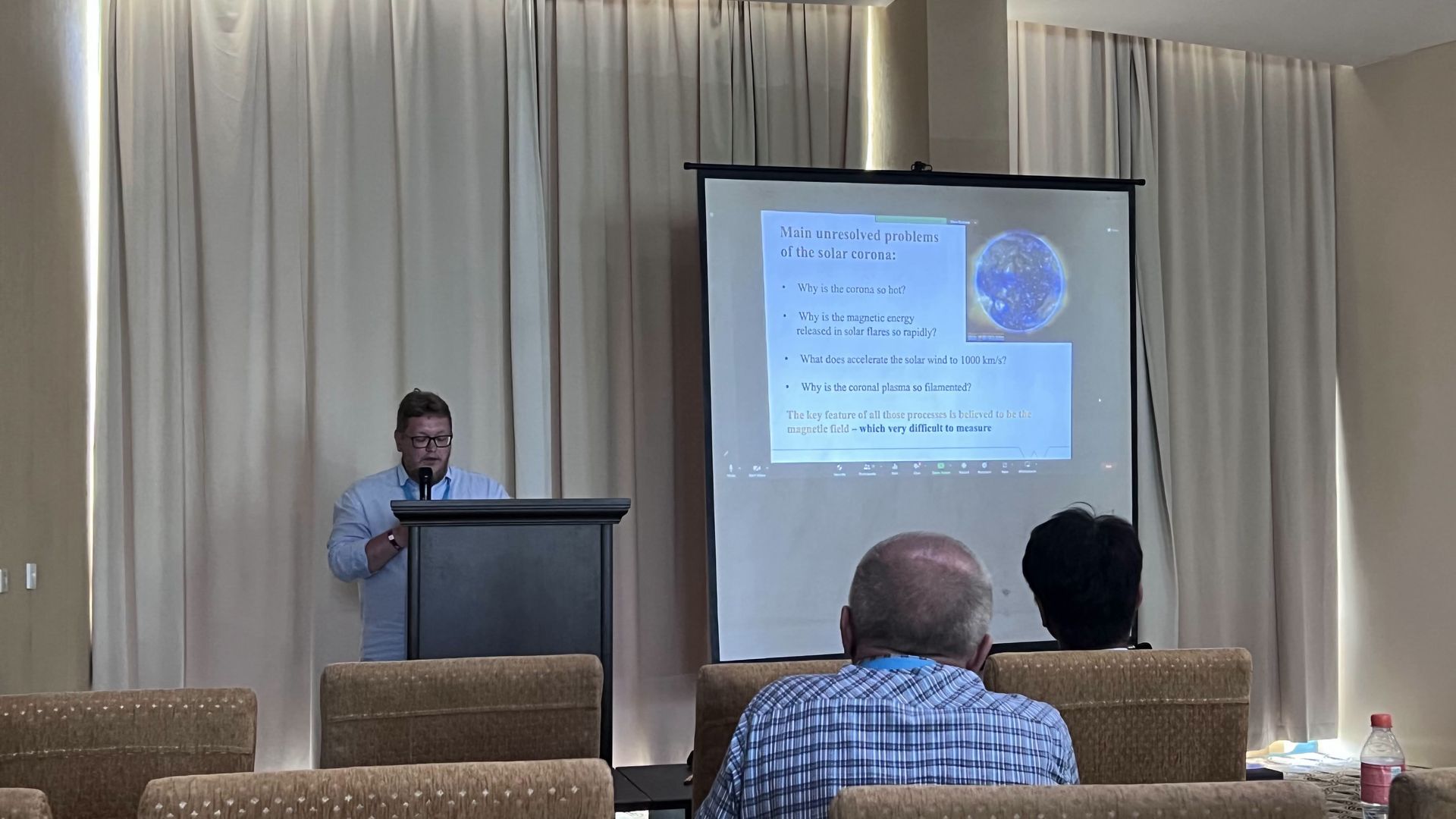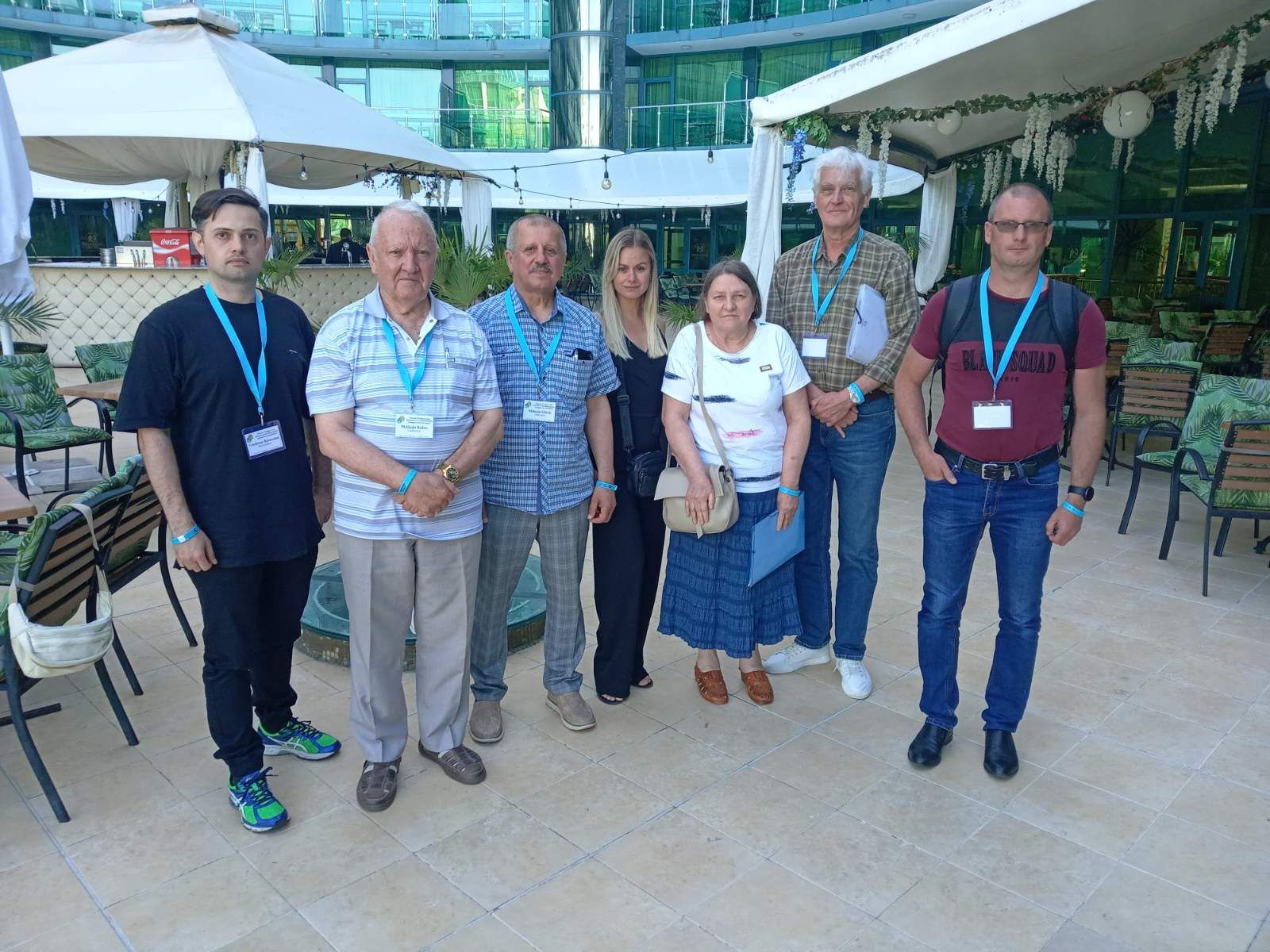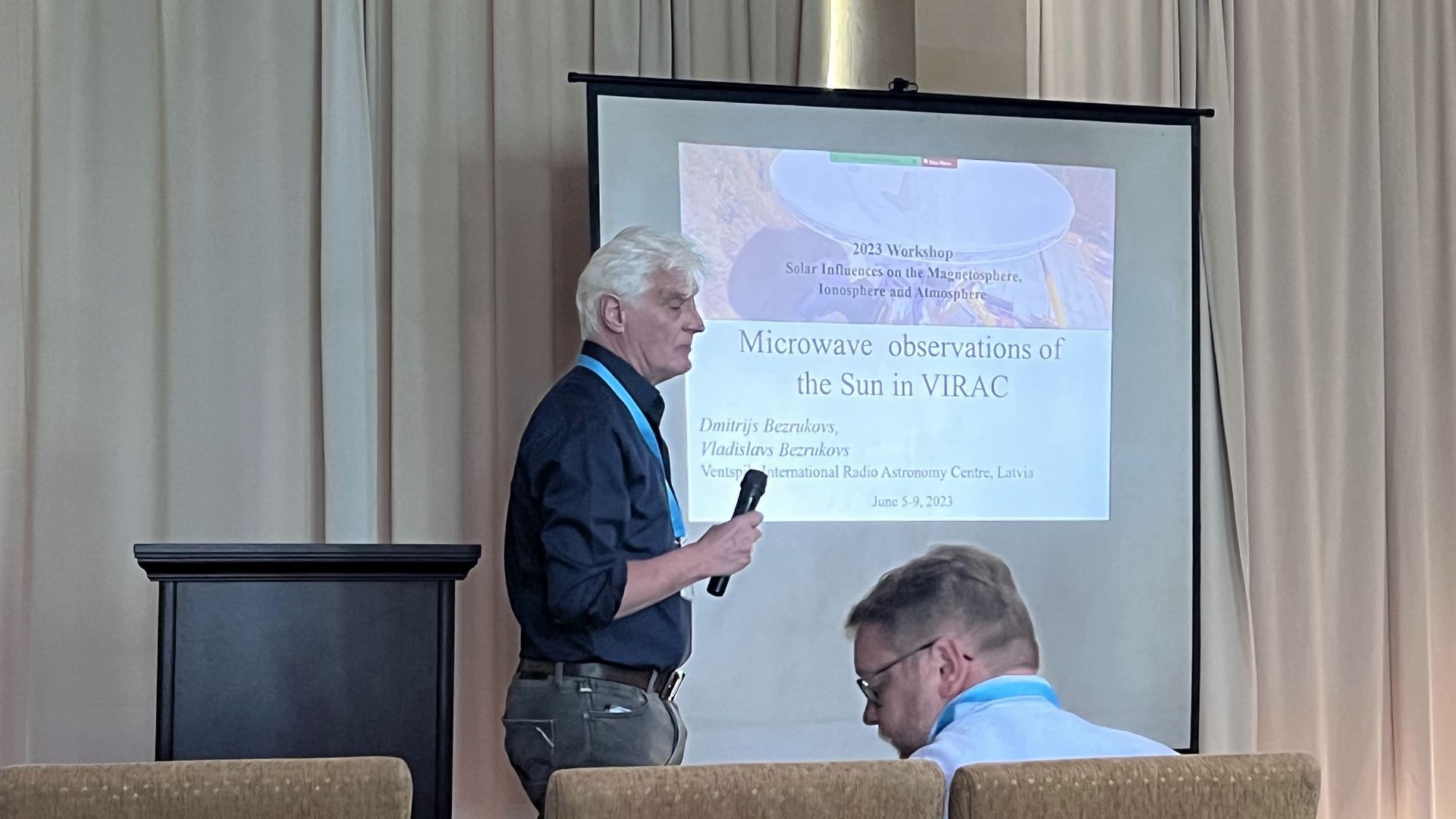VUAS VIRAC Researchers Participated in the Scientific Conference “Solar Influences on the Magnetosphere, Ionosphere and Atmosphere 2023”
From June 5 to June 9, 2023, researchers from the Engineering Research Institute "Ventspils International Radio Astronomy Center" (VUAS VIRAC) participated in the international scientific conference “Solar Influences on the Magnetosphere, Ionosphere and Atmosphere, 15th Workshop 2023” and the 2nd workshop “Bulgaria - Latvia - Ukraine Initiative for Space Weather Investigations,” organized by VIRAC in collaboration with the Institute of Space Research and Technology of the Bulgarian Academy of Sciences and the Institute of Radio Astronomy of the National Academy of Sciences of Ukraine. Both events took place in Primorsko, Bulgaria.
The conference and workshop addressed the following topics:
- The Sun and solar activity, the interaction of solar wind, magnetosphere, and ionosphere, and the impact of solar activity on the lower atmosphere and climate.
- The influence of the Sun on the biosphere and lithosphere.
- Instruments for observing space weather.
- Data processing and modeling.
The themes of the conference were closely related to the project implemented by Ventspils University of Applied Sciences, “Multi-Wavelength Study of Quasi-Periodic Pulsations in Solar and Stellar Flares” (STEF), No. lzp-2022/1-0017.
During the conference and workshop, researchers from VIRAC presented their papers:
- Bezrukovs D. and Bezrukovs V. “Microwave Observations of the Sun in VIRAC,”
- D. Kolotkov D. “Non-adiabatic Coronal Seismology,” and
- Ryabov M.I., Sukharev A.L., Sobitnyak L.I., Komendant V.G., Bezrukovs V., Šteinbergs J., Skirmante K., Orlyuk M.I., Romenets A.O. “Application of Power Space Radio Sources Observations and Magnetometer Measurements to Study the Global and Regional Response of Extreme States of the Sun-Interplanetary Environment-Magnetosphere-Ionosphere System.”
The summaries of the “Solar Influences on the Magnetosphere, Ionosphere and Atmosphere, 15th Workshop 2023” conference were published in the conference proceedings.
In recent years, VIRAC researchers have gained significant experience in conducting solar microwave observations and are now capable of performing regular spectral polarimetric observations of the entire solar disk and individual active regions. Microwave emissions are observed using the RT-32 radio telescope, equipped with a multichannel (12 frequency channels) spectral polarimeter operating in the 2.1–7.4 cm wavelength range and both circular polarizations. Spectral observations of polarized solar microwave emissions enable direct measurements of plasma parameters and magnetic field induction in the upper chromosphere and lower corona at various heights. Consequently, current solar microwave observations could be utilized for research tasks related to space weather phenomena. The presentation addressed various technical and methodological issues concerning solar observations carried out by VIRAC. Potential solar physics problems that could be investigated based on microwave spectral polarimetry observations were also discussed. Additionally, the possibility of studying coronal holes and coronal hole-like regions (such as “dark coronal corridors,” “coronal partings,” and “s-web”) associated with locally open magnetic fields, which could be considered sources of slow solar wind, was examined, along with the analysis of microwave flux variations in active regions prior to solar flares.
More information about the conference and workshop is available at the following websites:
In addition to the aforementioned information, during the BLU workshop and meeting, participants proposed to formalize international cooperation and establish a memorandum between the four institutions:
- Institute of Space Research and Technology, Bulgarian Academy of Sciences
- Engineering Research Institute "Ventspils International Radio Astronomy Center," Ventspils University of Applied Sciences
- Institute of Radio Astronomy, National Academy of Sciences of Ukraine
- Institute of Geophysics, National Academy of Sciences of Ukraine
The memorandum is currently in the process of being developed.
These activities were carried out within the framework of the project “Multi-Wavelength Study of Quasi-Periodic Pulsations in Solar and Stellar Flares” (STEF), No. lzp-2022/1-0017, and were funded from the project resources.
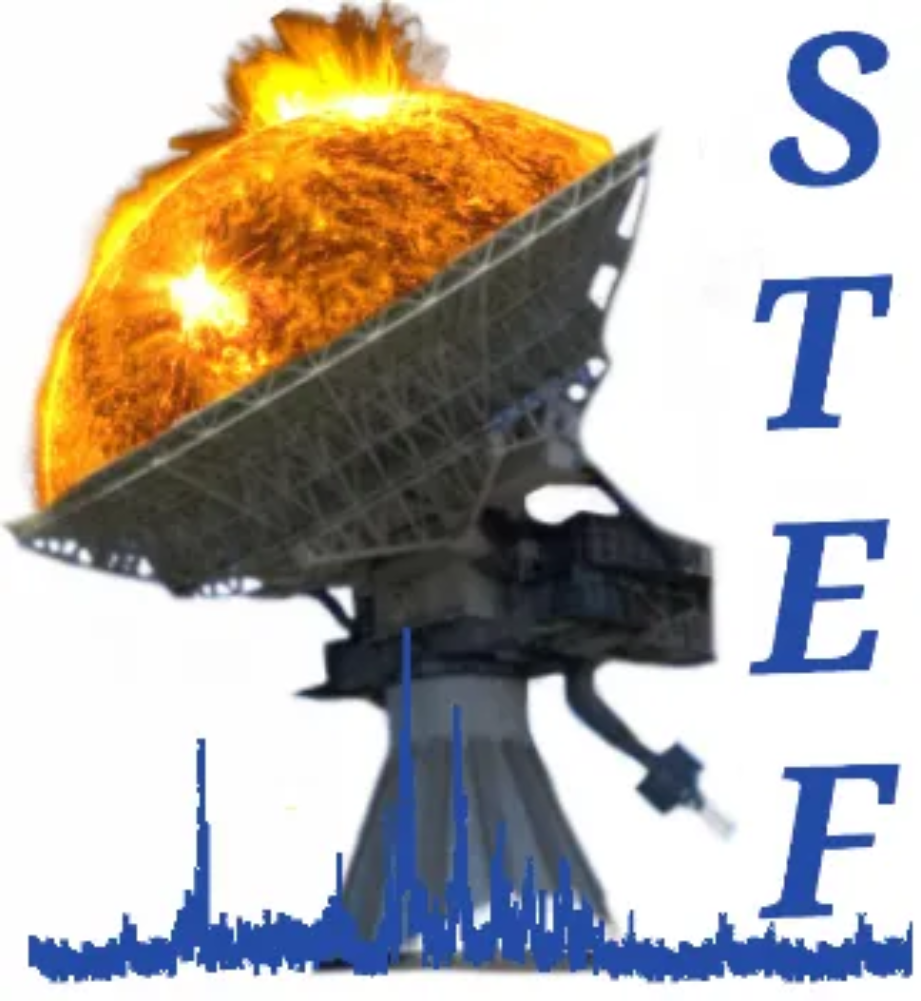
Share on other platforms
Other news
